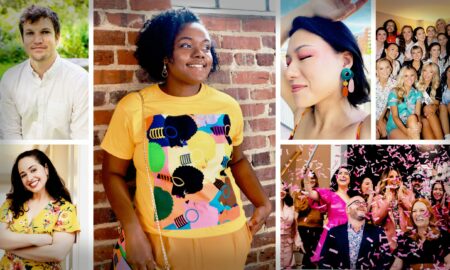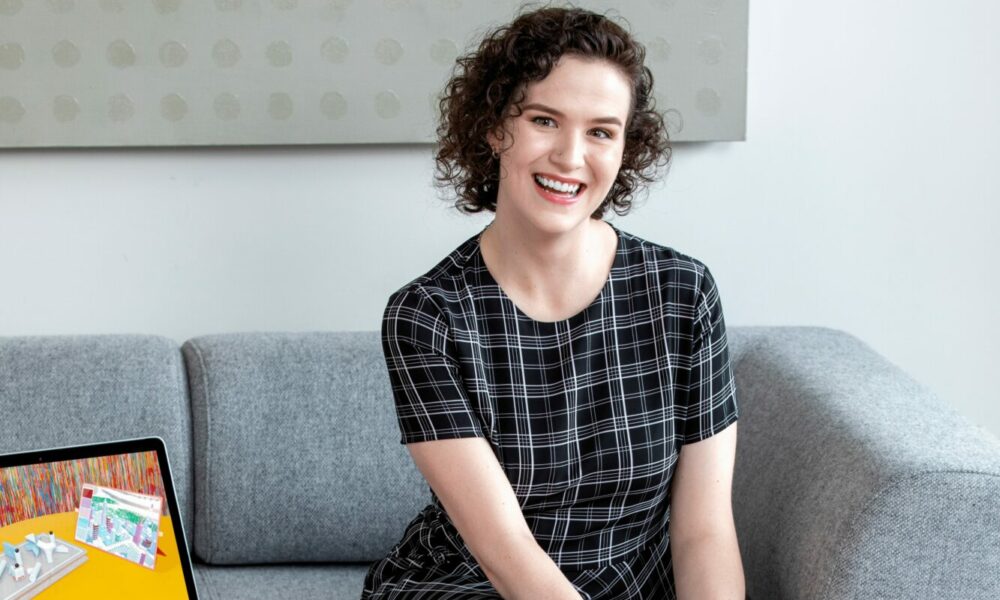

Today we’d like to introduce you to Angela Martin.
Hi Angela, please kick things off for us with an introduction to yourself and your story.
I’m Angela, a User Experience Designer, certified Humane Technologist, and ice cream enthusiast. My love for design (and Lenovo products!) all started in a graphic design class in middle school, where I learned to make posters in Adobe Photoshop on a ThinkPad. My passions grew into a profession, and I graduated from SCAD with a Bachelor of Fine Arts in User Experience Design in 2020. My work has been recognized by the European Product Design Awards, Core77 Design Awards, and Prototypes for Humanity. In addition to my professional skills as an artist and designer, I am an avid cook and dog mom to a Havanese puppy named Kitty.
Can you talk to us a bit about the challenges and lessons you’ve learned along the way. Looking back would you say it’s been easy or smooth in retrospect?
I’ve always had a knack for creativity, art, and design thinking. I won my first graphic design competition in 6th grade designing a flier for former California governor Arnold Schwarzenegger’s R20 climate campaign. I was one of those students who doodled all throughout my notebooks and who the teachers called up to draw pictures on the whiteboards. As a senior in high school, a popular question is often “What are your plans after you graduate?” All who knew me were not at all surprised when I had made my announcement that I would be pursuing a Bachelor of Fine Arts in User Experience Design.
Growing up neurodivergent myself, and with a disabled combat veteran father, a full time ER nurse mother with arthritis, and a hard-of-hearing best friend, I was always surrounded by adversities those in the disability community face every day. When I started school, my dyslexia was a huge barrier. I had incredibly loving and kind teachers solemnly inform my parents that they did not believe that I would never be able to read. Years later, I found that my dyslexia was greatly alleviated when reading on my ThinkPad PC with the ability to change fonts, zoom in, and scroll. If I was having a harder day, text-to-speech technology enabled me to still finish my homework. The assistive technology helped me turn my grades around, even if I still didn’t like math.
Clearly, my love for technology developed young, and I wondered what human-centered technology and advocacy could do for others experiencing disabilities, neurodivergence, or mental health crises. If we are fortunate enough to not be afflicted yet, we are all only temporarily abled; we will get sick, get into an accident, or grow old. So much of our world, our knowledge, and our relationships today are powered by technology. If people can’t physically utilize technology, then they face incredible barriers to important resources like adequate healthcare or steady income. How can we break the barriers down and strive for equity?
What do you do, what do you specialize in, what are you known for, etc. What are you most proud of? What sets you apart from others?
As a Staff User Experience (UX) Designer at Lenovo, I’m proud to be developing the technology of tomorrow. Lenovo, the maker of ThinkPad, is one of the world’s leading technology companies as a Fortune 500 company. I design software interfaces and interactions for several of the devices and applications that Lenovo releases, reaching over 44 million users every month. Passionate about accessibility, diversity, inclusion, and sustainability, I am consistently advocating to ensure all of my products and practices are accessible, culturally sensitive, and diversely inclusive. It’s my job to consider people from all cultural backgrounds and abilities. The technology we develop connects people and helps them to get the most out of their digital experiences. A laptop can change lives—I’m living proof.
In the words of my mentor and incredible manager, Diana Gerli, the core mission of my journey is to “advocate for the definition of the everyday user to include every user.” As a former Seattleite and Microsoft intern, I find Microsoft’s mission statement, “to empower every person and every organization on the planet to achieve more,” and Lenovo’s core mantra, “smarter technology for ALL” to be my inspirations and guiding stars. My personal goals are also heavily influenced by the wisdom of my former Microsoft mentor, Emily Tohir, “to not purposely design for everyone is to accidentally exclude someone.” The best innovations come from diverse teams working together in a culture where we celebrate and honor what others are good at. I am really proud to advocate for this work.
The work I am most proud of is with ABLE (A Better Lenovo for Everyone), Lenovo’s disability advocacy employee resource group. ABLE is a community of Lenovo employees advocating for accessibility for those with visible and invisible disabilities, neurodivergence, and mental health concerns. While we support the community directly, we also work closely with allies, parents, and caretakers. ABLE is proud to support both Lenovo’s employees and customers. As the Board Chair of ABLE, I oversee our three committees: Events & Community, Education & Advocacy, and Communications. We host internal trainings, work with local organizations to propel their work, host mentorship days for students with disabilities, and champion diverse user testing and hiring practices to ensure that we include those with lived experiences with disabilities at all of our product development phases. We rally behind the community’s call for “nothing about us without us” and are committed to the belief that we have a responsibility to act.
Networking and finding a mentor can have such a positive impact on one’s life and career. Any advice?
Finding a mentor can be helpful both professionally and personally. Mentors can help you set and achieve your goals, expand your networks, grow your perspectives, and deepen your understanding. They show us what’s possible and help us avoid their past mistakes. These diverse perspectives help us to analyze situations from a new angle and help us to see potential futures for ourselves. That’s the power and importance of diversity in our representation: we need to see the possibilities and versions of our future selves. A mentor should be someone that you respect and whose opinion you value; don’t take critique from someone that you wouldn’t take advice from. Mentors should be honest and encouraging, and they should provide actionable feedback.
The world has so many good, kind, and smart people in it, so if you don’t have an official mentor yet, consider the role models you may have in your life already; simply someone you trust to be honest with you is a great place to start. If one person doesn’t have all of the skills you’re looking to learn, that’s okay! I believe that having two or more mentors is even better because diverse perspectives (and varied calendar availability) can be a great benefit. That said, don’t overextend yourself. You have a commitment to budget your time and effort for them, too.
Your mentor can be anyone that you can practice your skills with and talk to about problems that you’re facing. As you learn more, your mentors will need to have the more advanced skills you want to learn, too. For example, your mentor might be your high school guidance counselor, then a professor who teaches a class you are in or will be in, then someone who has worked in your industry, then someone more advanced in their career.
To find a new mentor, you might start online on a site like LinkedIn, but it can be hard to know what you’re searching for, especially if you don’t have a specific job title in mind. Other routes to finding a mentor might include mentorship organizations or matching programs. You might also check out sites made for mentoring such as ADPList.org (Awesome Design Professionals List) to find mentors for a wide range of artistic careers and skills. ADPList is a free mentoring platform that connects design professionals for the sole purpose of mentoring all in one place. It’s a wonderful site to mentor on, too.
Having good mentors is also a strong force for fighting imposter syndrome. Something I’ve found that helps me is to remember that I have never once gotten an opportunity or a job all on my own. Someone had to review my application, advocate for my acceptance, send me an offer, onboard me, welcome and guide me, etc. When I doubt myself, I think of those people who held doors open for me, pushed me into opportunities, or pulled me into rooms they believed I belonged in. Frankly, I think of those who simply haven’t kicked me out yet, too. It’s an additional value of mentors we respect: if you trust their critique, you have to trust their praise and support too.
Contact Info:
- Website: https://angelamartin.design/
- Linkedin: https://www.linkedin.com/in/angelamartin98/
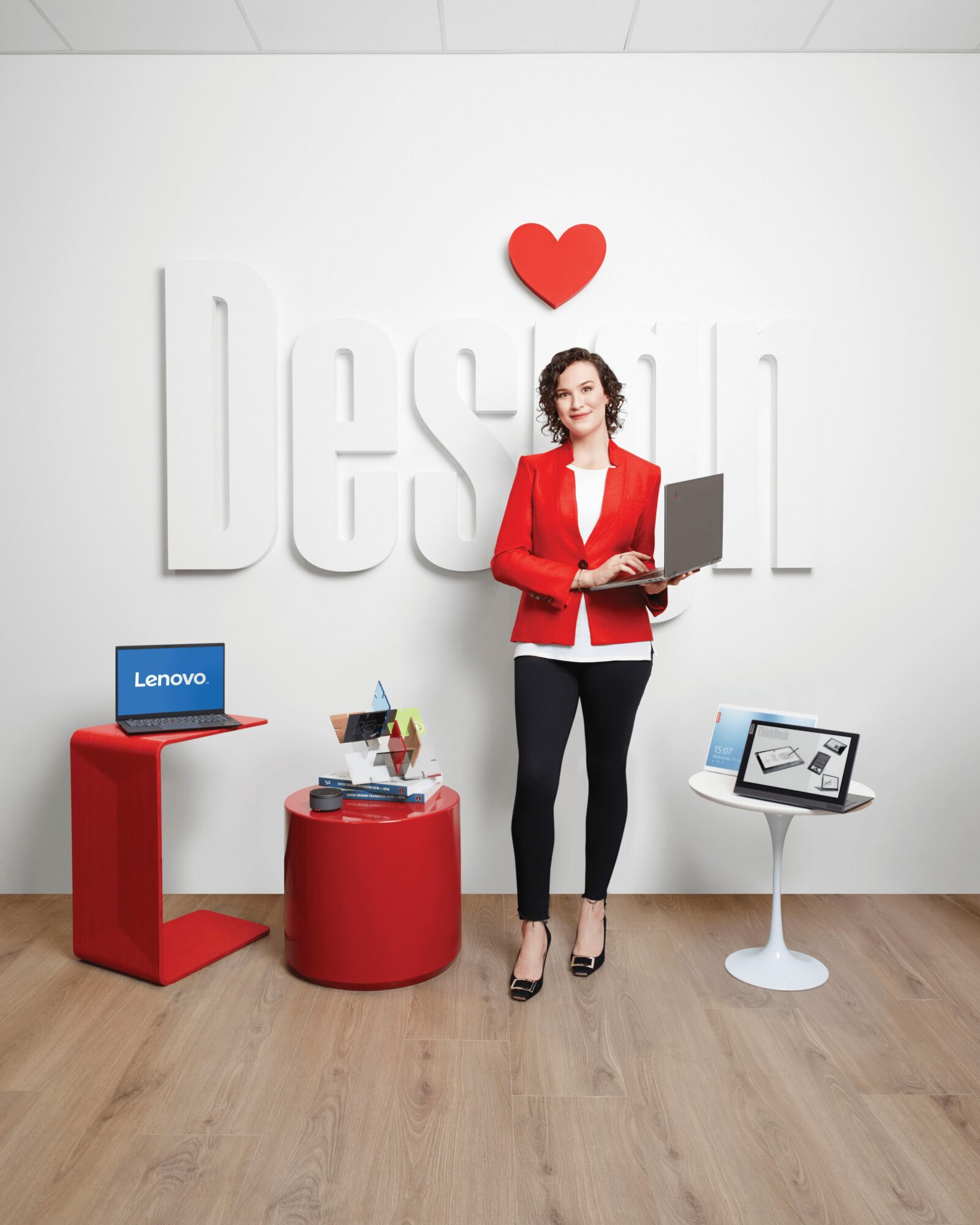
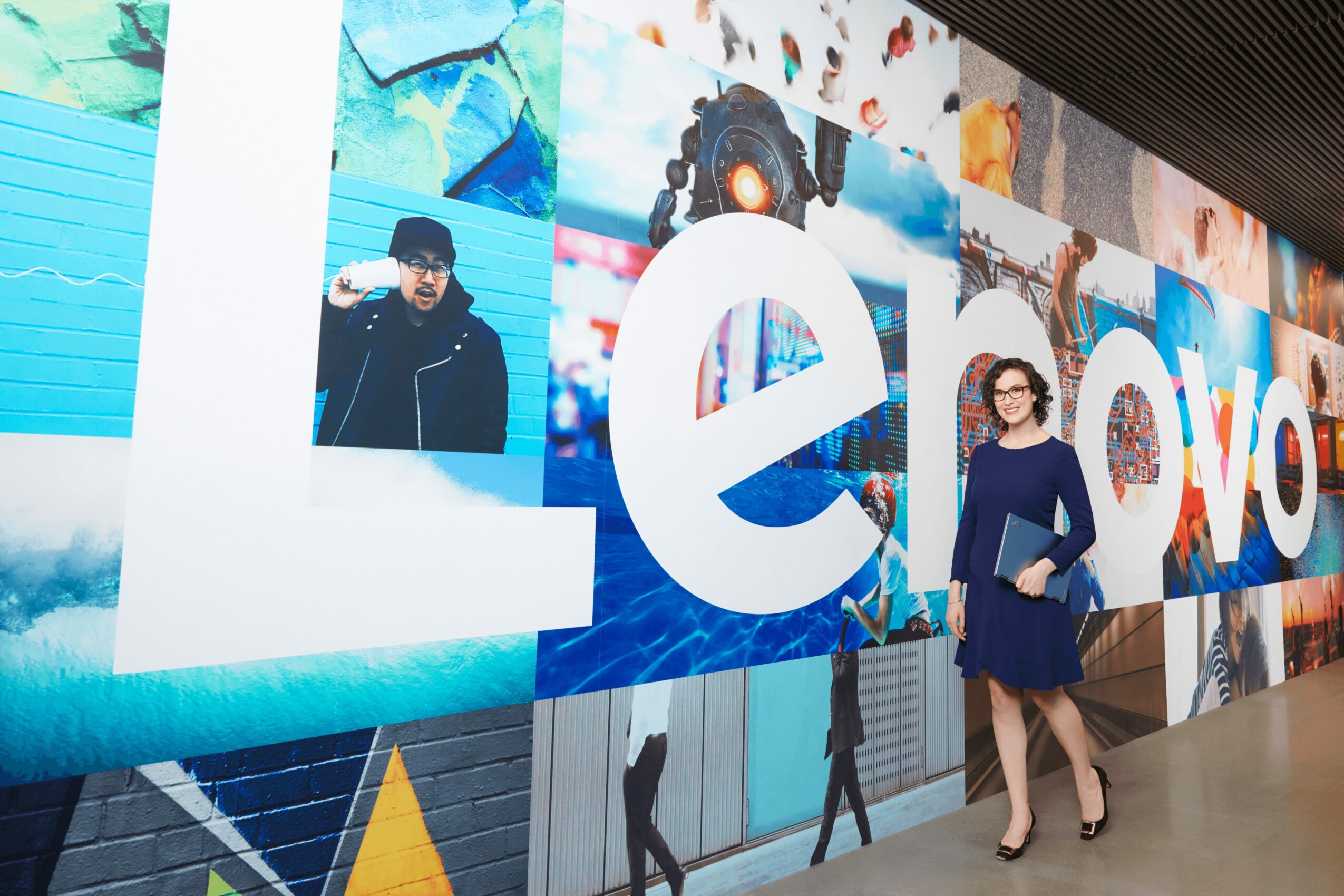
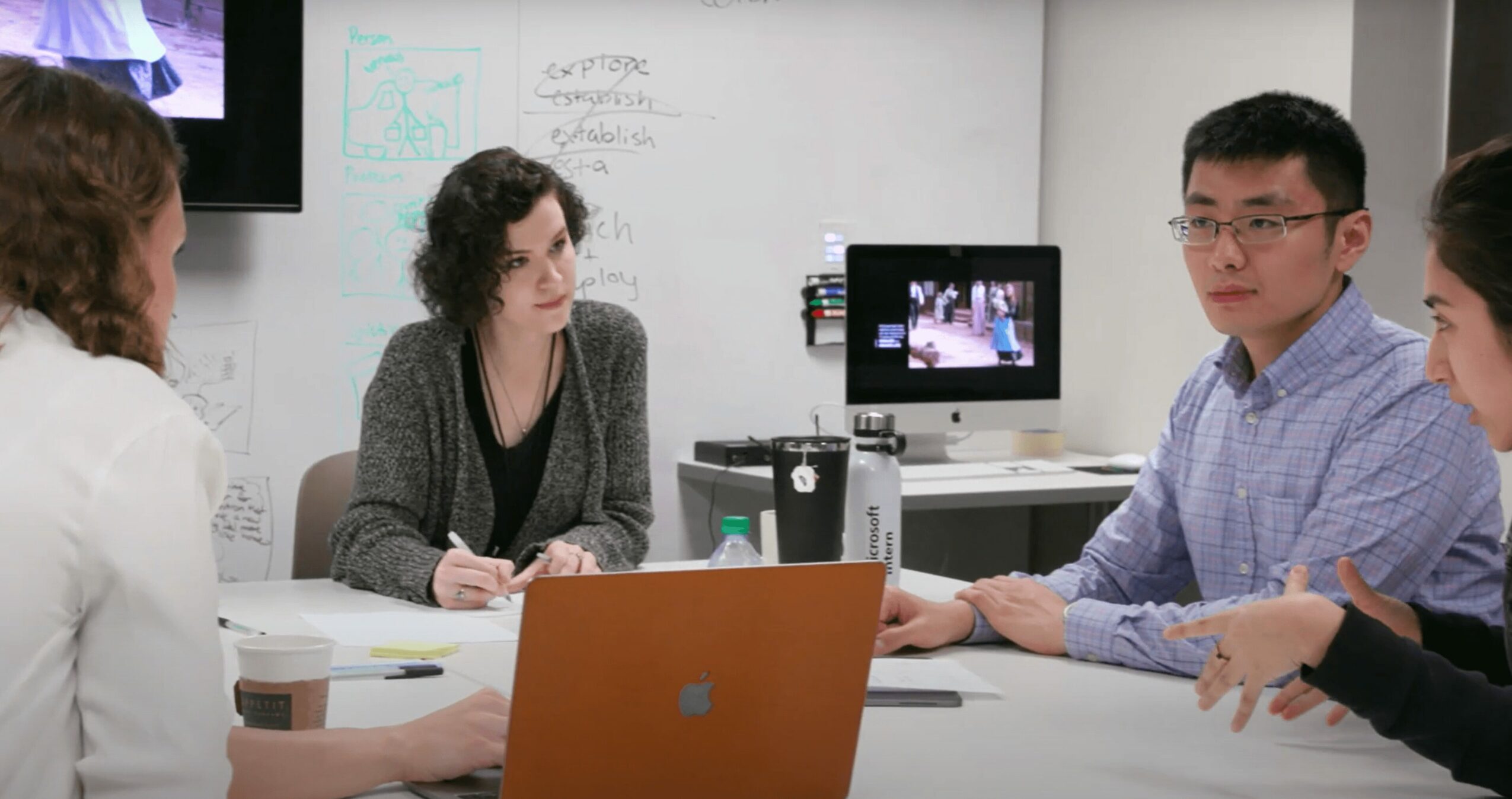
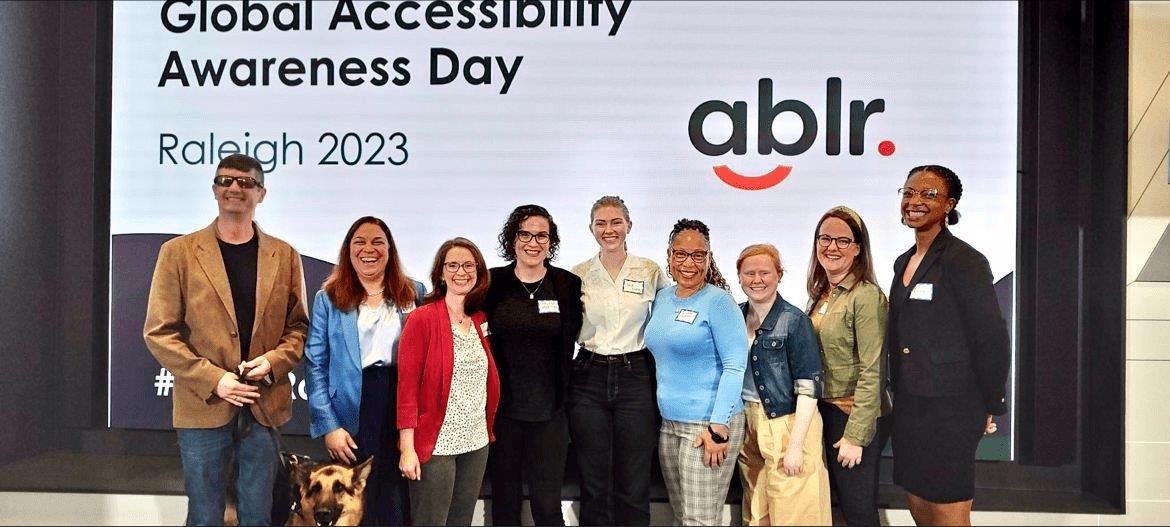
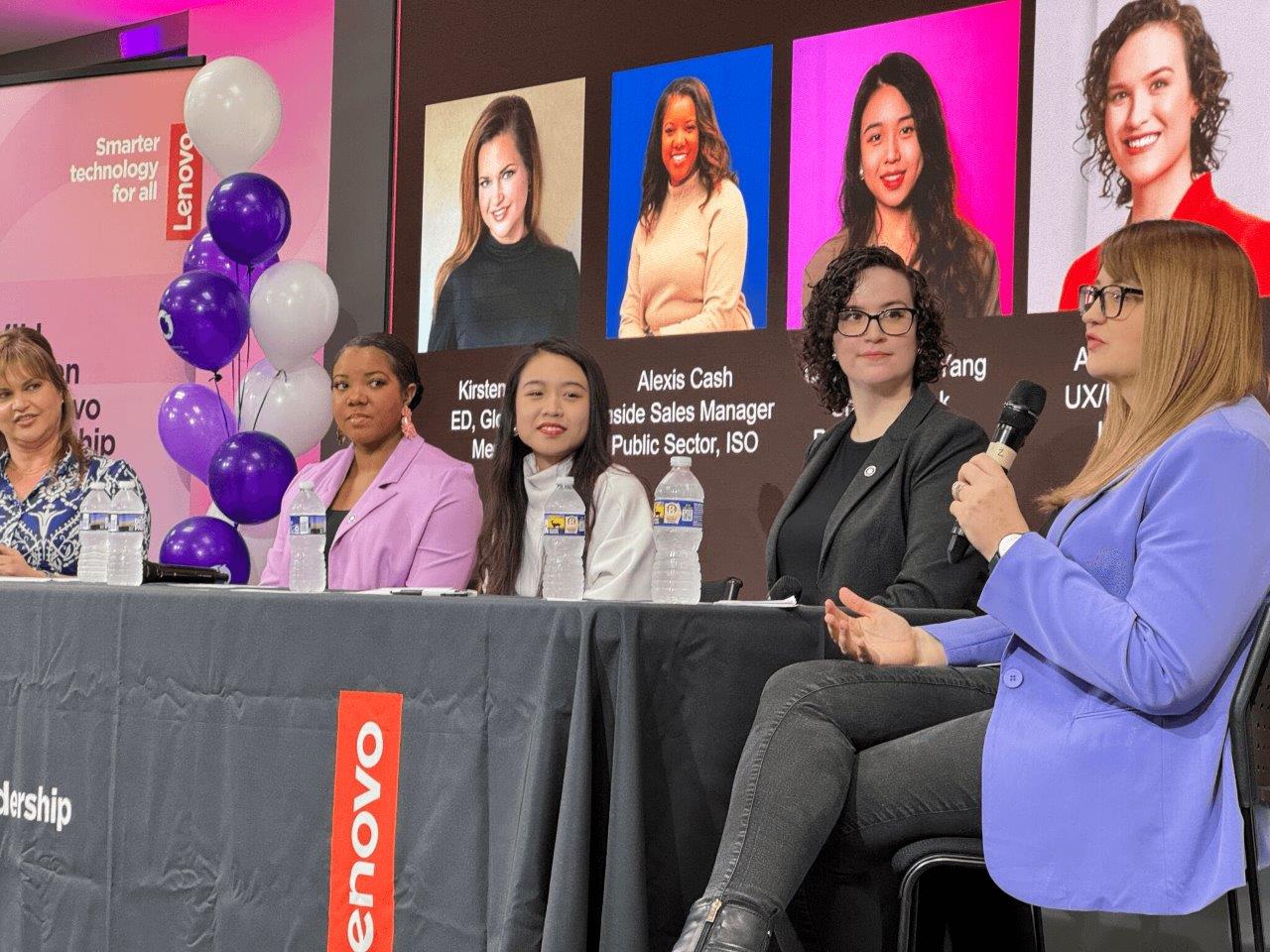
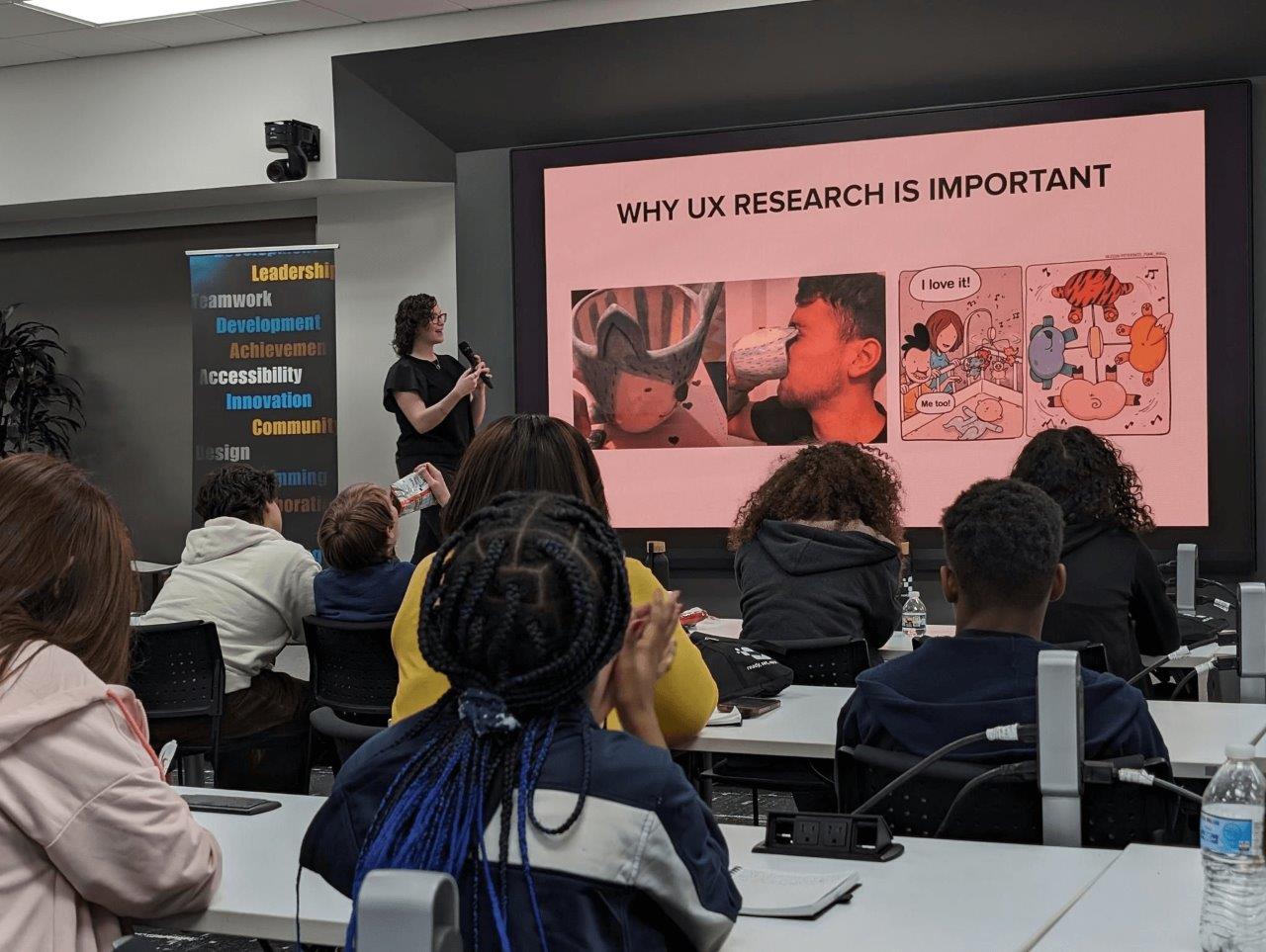
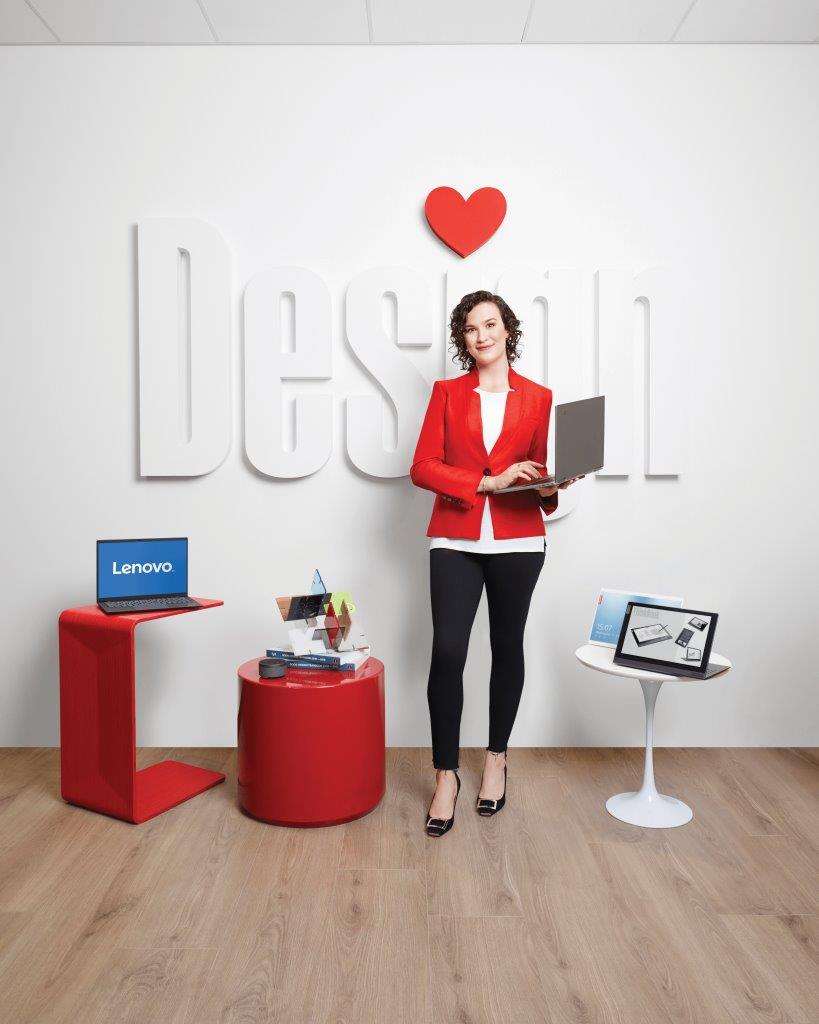
Image Credits
SCAD Media

